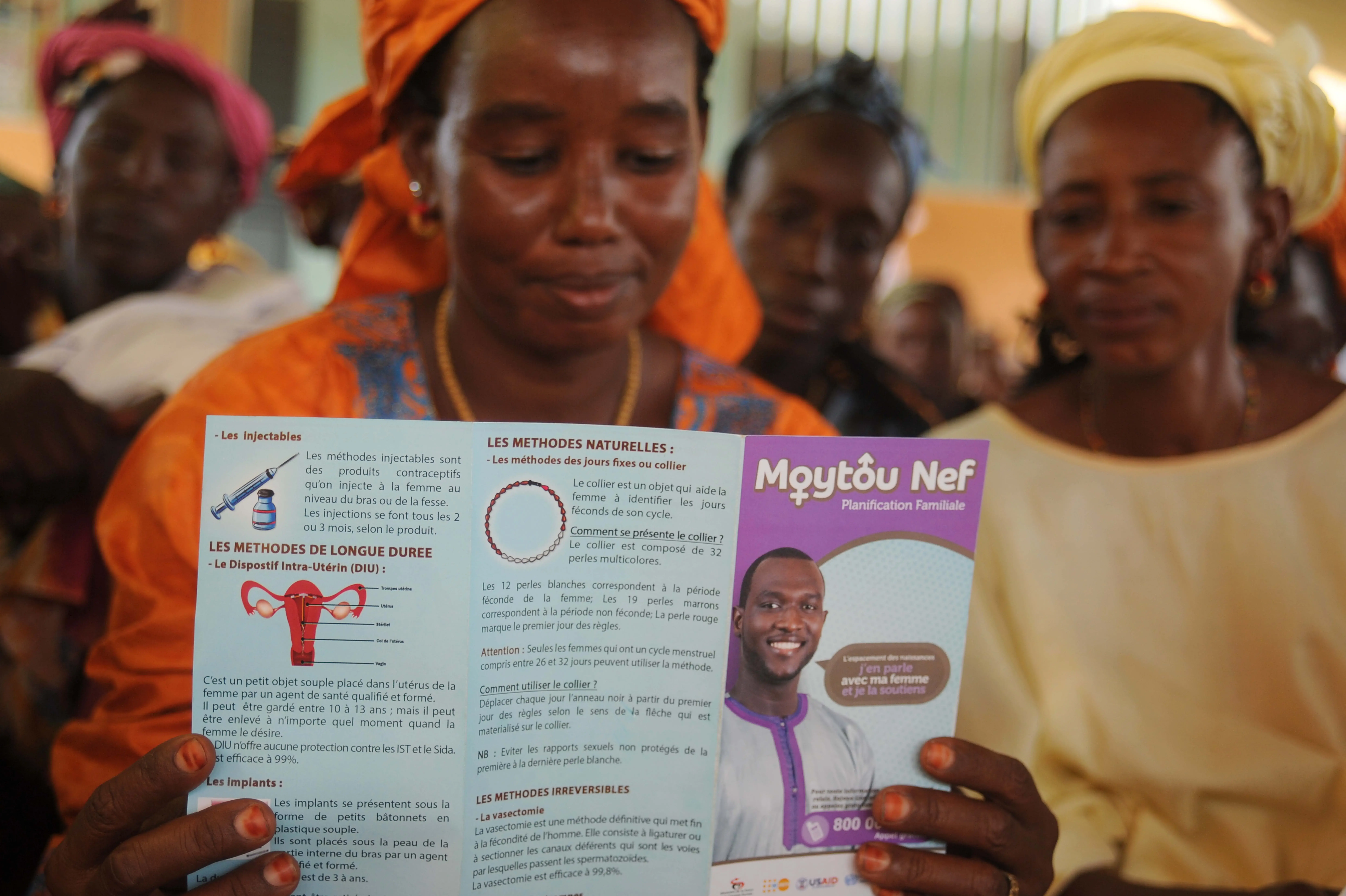Fertility rates are also among the highest in the world. Every woman has, on average, between five and six children and teenage pregnancy rates are more than twice the global rate with more than one in ten girls aged 15 to 19 giving birth.
Access to and use of modern contraceptive methods is limited, with only 18 per cent of the sexually active using birth control and sexually transmitted diseases such as HIV remain a huge problem. Nearly three and a half million Nigerians are living with HIV and neighbours Cameroon and Chad also have hundreds of thousands of people infected.
With a 24 per cent unmet need for family planning, more than 100,000 women in West and Central Africa die each year from preventable pregnancy-related causes more than in any other region of the world.
UNFPA is supporting women and young people to have better access to family planning and reproductive health services.
We are also working with traditional and faith leaders and other stakeholders to overcome cultural and religious resistance and promote the availability and use of modern contraceptives and give young people and adolescents counselling.



